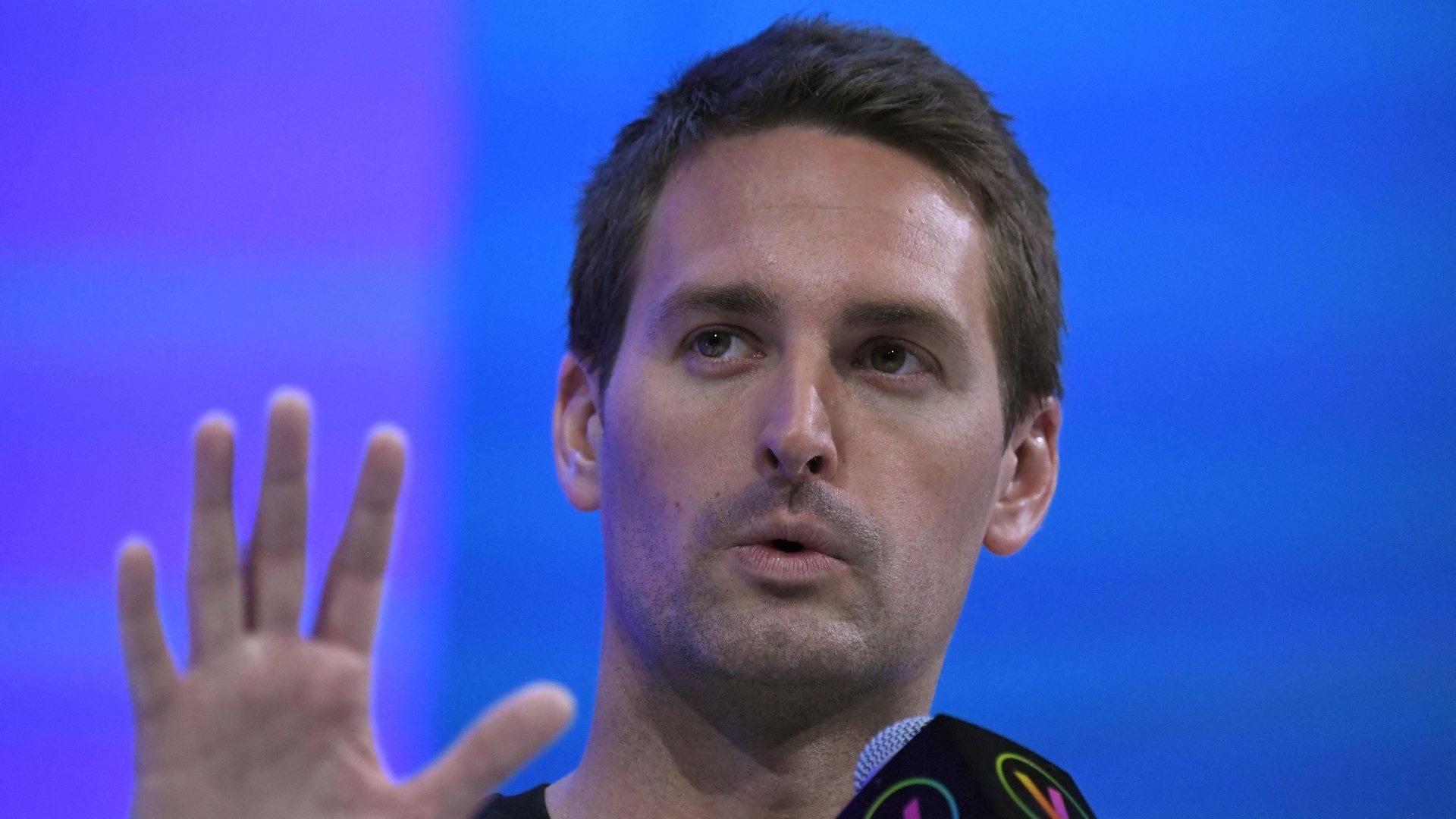Snap just killed its Hollywood ambitions to bet its future on the metaverse
The social media giant announced massive layoffs and the cancelation of several investments.

After months of slumping advertising revenue and a tanking stock price, social media giant Snap is scaling back dramatically.
On Aug. 31, Snap CEO Evan Spiegel said the company is laying off 20% of its work force (over 1,200 people), and is getting rid of Snap Originals, the company’s production of scripted and documentary-style programming. Launched in 2016, Snap Originals recruited top-tier talent, including actors Will Smith and Ryan Reynolds, rapper Megan Thee Stallion, and comedian Kevin Hart.
“We are restructuring our business to increase focus on our three strategic priorities: community growth, revenue growth, and augmented reality,” Spiegel said in a statement. “Projects that don’t directly contribute to these areas will be discontinued or receive substantially reduced investment.”
The moves come after the company warned of trouble ahead last year following Apple’s App Store anti-tracking privacy changes, which have made it more difficult for apps to push targeted ads to users. That update has similarly affected other tech giants, including Meta, which instituted a hiring freeze last month due to the change.
Still, Spiegel’s decision to cut bait on the company’s ambitious yet unproven projects could impact its ability to keep up its usual cadence innovation, which has kept it one step ahead of its larger competitors.
Shifting from original content to letting users do the creative work in the metaverse
With a built-in audience of 347 million users and close ties to the Hollywood community via its Santa Monica, California headquarters, Snap seemed primed to enter the streaming TV wars, leveraging its advantage as a Gen Z social media staple and harnessing the mobile-first TV consumption strategy that eluded Quibi. By ending Snap Originals, the company expects to save roughly $50 million over the next year.
The company is also halting its gaming development work and has already shuttered its Pixy drone project, which was unveiled earlier this year.
Instead, the company is doubling down on the metaverse. On Wednesday, Spiegel also reasserted his commitment to augmented reality (AR).
Trading Hollywood projects for metaverse speculation could be a turning point for Snap
For years, Snapchat has been at the forefront of AR, primarily via its Snapchat app filters. More recently, the company developed its own AR smart glasses called Spectacles (though they are still not available for sale to the public). Along with AR, Snap’s artificial intelligence work, which powers the computer vision capabilities in Snapchat, the company has consistently been on the cutting edge of the emerging immersive internet space.
Nevertheless, there are still many metaverse skeptics, as its biggest champion, Mark Zuckerberg, continues to face doubts (pdf) from shareholders skittish about investing in future-oriented platforms.
For Spiegel, those metaverse misgivings will likely loom larger in the next few quarters. Shifting away from traditional revenue models of monetizing content through advertising and subscriptions to the still largely speculative metaverse business landscape is risky. If unsuccessful, Snap could face the prospect of selling itself to a larger competitor more equipped to exploit its deep well of AI and AR research.
